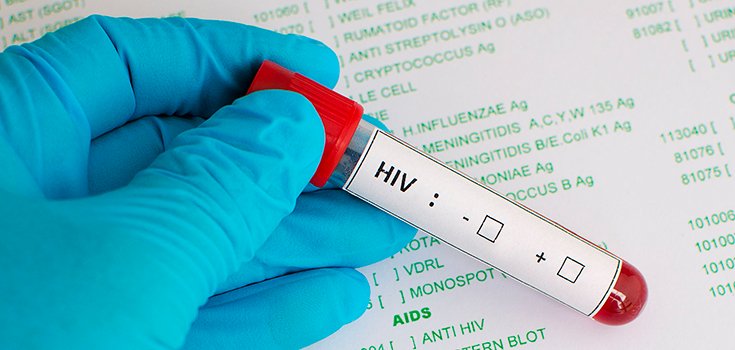293 Patients at Mass. Hospital Possibly Exposed to HIV, Hepatitis

Nearly 300 people who underwent colonoscopies at a Massachusetts hospital were potentially exposed to HIV and hepatitis due to improper sterilization procedures involving instruments used for the medical test.
Baystate Noble Hospital in Westland, Ma. recently announced that 293 patients who underwent colonoscopies at the facility between June 11, 2012 and April 17, 2013 may have been exposed to HIV, hepatitis B, and hepatitis C.
Baystate Health spokesperson Ben Craft told WIAT 22 News:
“In June 2012 Noble Hospital began using new colonoscopes, which required a different approach to disinfection than instruments used previously at Noble. Due to a failure in training, the disinfection of those endoscopes between procedures did not adequately expose the devices’ single water irrigation channel to high-level disinfection during the last phase of cleaning. This is similar to other, more recent problems with sterilization encountered across the country with endoscopes used for other procedures.”
Ronald Bryant, hospital president, offered an apology:
“On behalf of Baystate Noble Hospital and Baystate Health, I apologize to all those affected by this failure in safety,” Bryant said. “The safety of our patients is our very highest priority, and we take full responsibility for our part in allowing these patients to have potentially received unsafe care.” [1]
Baystate Noble Hospital notified the affected individuals so that they can undergo screenings. The risk of infection is described as “small.” Hospital officials stressed that if patients have not been contacted, they are not at risk.
“Due to the function of the water irrigation channel and the phase of disinfection at which the failure occurred, the risk to patients is very low,” said Dr. Sarah Haessler, infectious disease physician and head epidemiologist for Baystate Health. “However, that risk is not zero, so we’re taking the necessary steps to address these issues and provide patients with the resources they need.”
Colonoscopes are a type of endoscope, similar to duodenoscopes, which were implicated in superbug outbreaks at Huntington Memorial Hospital, Cedars-Sinai Hospital, and UCLA Ronald Regan Medical Center, all in Los Angeles. Dozens of people were sickened, and several people died.
In those outbreaks, improper cleaning procedures were also to blame, but not because of a lack of training; duodenoscopes, which are inserted in the throat, are notoriously difficult to clean.
The maker of the duodenoscopes, Olympus, allegedly knew about the design flaw that made the devices nearly impossible to sterilize for 2 years, and the company is now at the center of a Congressional investigation. [3]
Olympus announced earlier this month that it was recalling its TJF-Q180V scope, in an effort to satisfy the Congressional committee’s request to fix scopes currently on the market.
In November 2015, the U.S. Food and Drug Administration (FDA) recalled endoscope cleaners made by Custom Ultrasonics. The Automated Endoscope Reprocessors (AERs) must be manually washed, then disinfected for about 30 minutes. [2]
Sources:
[1] WIAT
[2] Tech Times
[3] Medscape
